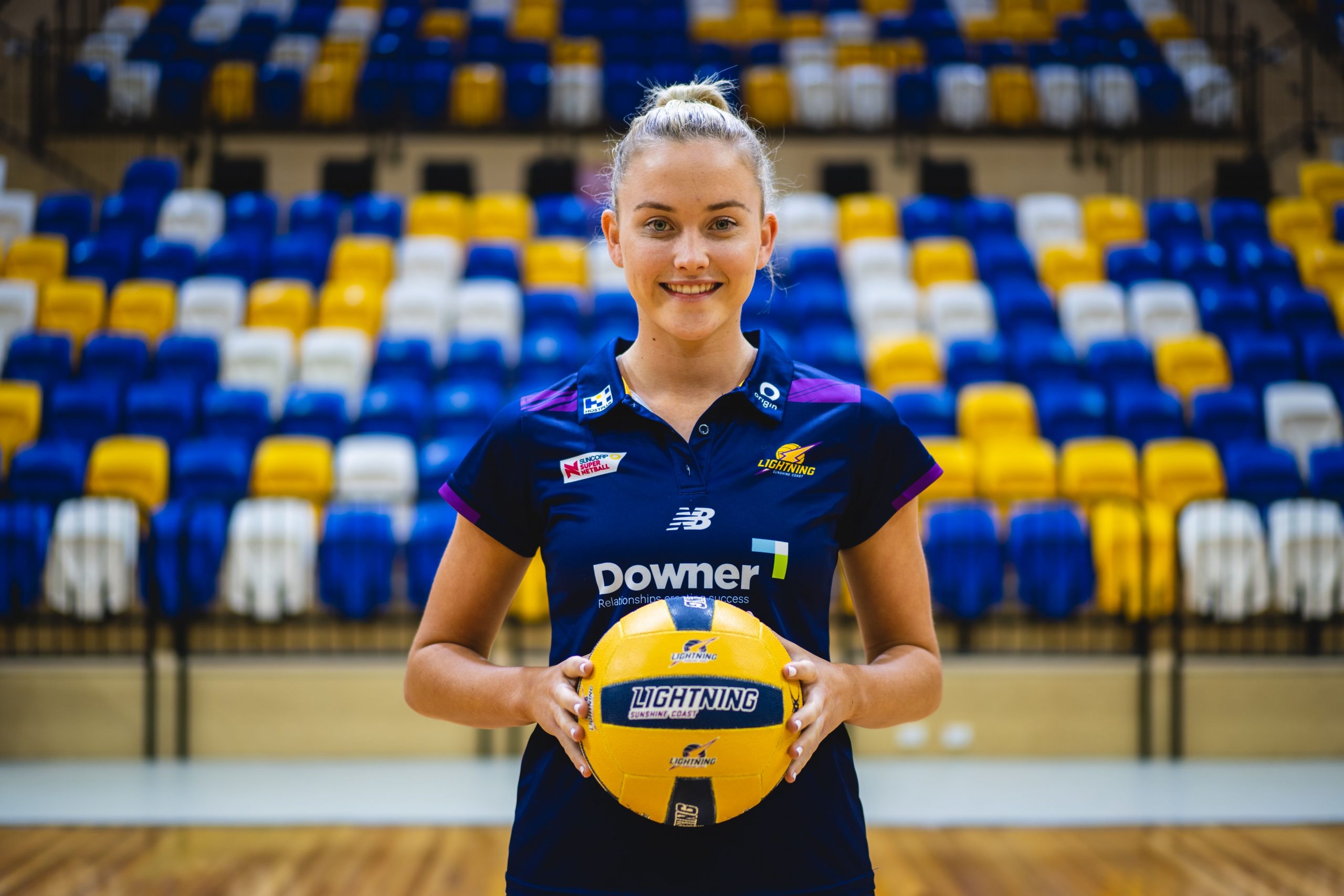AS the curtain closes on another Commonwealth Games, we take a look back at how each of the netballing nations fared in our team-by-team review series. Next up is England, with the reigning Commonwealth Games Gold Medallists unable to repeat the feat of 2018, and went down to first Australia, and then New Zealand, to finish fourth overall.
GAMES AT A GANDER
Reigning Gold Medallists England came into the 2022 Commonwealth Games with plenty of hope and potential, and for the most part, looked like earning a spot in the deciding match. The Roses opened their tournament in the first match of the event, destroying Trinidad & Tobago by 52 goals. A 25-goal victory over Malawi the next day was a promising one for the Roses fans, and then a rout of Northern Ireland by 44 goals ticked over the wins column. An impressive 21-goal win over the side that would ultimately finish fifth in Uganda was one of the Roses’ best, before finishing off the group stage with a 10-goal win over the Silver Ferns. That allowed England to top Pool B and set up a semi-final with world number ones Australia in a repeat of the 2018 Commonwealth Games Gold Medal final. Unfortunately for the Roses, they would not be able to repeat the heroics this time, and went down to the Diamonds by nine goals. Strong favourites against New Zealand in the Bronze Medal final, fans ended up having to go home without any success, finishing fourth with a disappointing seven-goal defeat at the hands of the Silver Ferns.
STANDOUTS:
England had plenty of individual standouts, with star shooter Eleanor Cardwell outshining her two more experienced shooters by piling on 207 goals from 225 attempts, and recording 11 goal assists from 16 feeds, seven rebounds, three deflections and one intercept. Helen Housby (98 goals rom 110 attempts) and Jo Harten (60 from 70). In defence, the combination of Geva Mentor (eight intercepts, 14 deflections and five rebounds) and Layla Guscoth (four intercepts and 25 deflections) was hard to get away from. Though nullified by the Australians in the semi-finals, Natalie Metcalf had a wonderful tournament through the midcourt, recording 139 goal assists from 210 feeds, and picking up an intercept and six deflections.
FUTURE TALENTS:
England has a very experienced list, but still has a couple of younger players coming through the ranks in Sophie Drakeford-Lewis and Imogen Allison. Aged 23 and 24 years-old respectively, the pair were the youngsters of the group, in a squad where the remaining 10 were 27 or older. Drakeford-Lewis only played the four games, but got a good taste of world class international action, scoring 14 goals from 16 attempts and dishing off 34 goal assists from 44 feeds. A goal attack who has felt comfortable rolling into wing attack, Drakeford-Lewis also recorded 12 deflections and an intercept. Allison on the other hand played a part in all seven matches, having three intercepts and three deflections on the defensive end, before switching into attacking transition and making 23 goal assists from 27 intercepts, particularly influential in the final group match against the Silver Ferns.
SUMMARY
England came into the tournament as a side that was well and truly a Gold Medal contender, and unfortunately for the Roses fans, that did not eventuate. There was plenty to like about the way England went about it, but with five players born in the 80s, the Roses will see a transitional change over the next few years. Strong defender Eboni Usoro-Brown retired at the end of the Commonwealth Games, but there is plenty of depth that did not make the squad for the Games.










